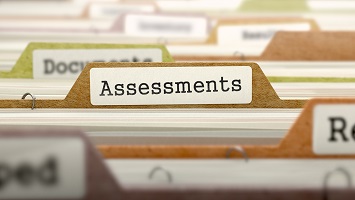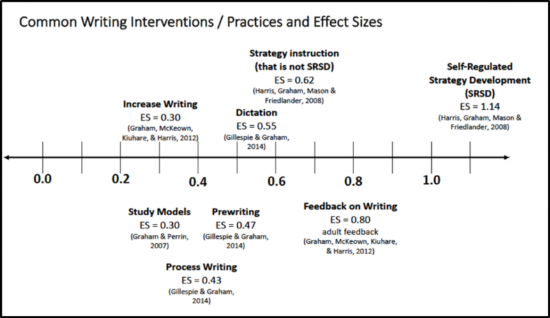 While drinking my coffee a few mornings ago I decided to check my Twitter “curations”; i.e., the self-generating list of news articles which, according to Twitter’s meddling metrics on me, I would find enticing. In the time it took me to finish my tasty Caribbean expresso, I discovered that almost every major news outlet was carrying a story about Texas and how they allegedly denied students access to special education. My curiosity got the best of me and rationalizing that “I need to know this for work” (but really I’m just nosey), I read on.
While drinking my coffee a few mornings ago I decided to check my Twitter “curations”; i.e., the self-generating list of news articles which, according to Twitter’s meddling metrics on me, I would find enticing. In the time it took me to finish my tasty Caribbean expresso, I discovered that almost every major news outlet was carrying a story about Texas and how they allegedly denied students access to special education. My curiosity got the best of me and rationalizing that “I need to know this for work” (but really I’m just nosey), I read on.
The articles were filled with the expected stories of students who are struggling and not getting help in school, parents who were confused by the system and loads of educators saying they were just following directives. But here are my key take-aways from the articles:
- According to a March 2016 study by the federal Centers for Disease Control and Prevention, 15.4% of U.S. kids ages 2-8 have been diagnosed with a mental, behavioral or developmental disorder. If it feels like our students need more support, the data substantiate that. It’s critical, then, that schools follow a protocol of screening students, providing multi-tiered systems of support for academic/social emotional issues and using data to make school based decisions is critical.
- Unfortunately, many factors sustain the perception of Special Education as a placement rather than a service. When we provide specially designed instruction that meets the unique needs of the child we ensure their right to access the general education curriculum. In contrast, when we deny or fail to implement specially designed instruction we deny that child a fundamental right.
- Learning difficulties should be viewed as an opportunity to rethink instructional strategies and services for students needing assistance rather than as a reason to send the student elsewhere. Shifting mindsets about students with disabilities is paramount.
To find out more about specially designed instruction and supporting culturally and linguistically diverse students with disabilities, check out our calendar of professional development opportunities at https://rsetasc.pnwboces.org/events/.


 Data-Driven Decision-Making
Data-Driven Decision-Making  Increasing Post-School Success through Interagency Collaboration
Increasing Post-School Success through Interagency Collaboration  How Can We Improve Deeper Learning for Students with Disabilities?
How Can We Improve Deeper Learning for Students with Disabilities?  Positive Classroom Management: Creating an Environment for Learning
Positive Classroom Management: Creating an Environment for Learning  Self-Determination Skills Empower Students of All Ages
Self-Determination Skills Empower Students of All Ages  Fidelity of Implementation: What is it and Why does it Matter?
Fidelity of Implementation: What is it and Why does it Matter?  Rethinking Classroom Assessment
Rethinking Classroom Assessment  A Three-Step Approach to Identifying Developmentally Appropriate Practices
A Three-Step Approach to Identifying Developmentally Appropriate Practices  Transforming Evidence-Based Practices into Usable Innovations: A Case Study with SRSD
Transforming Evidence-Based Practices into Usable Innovations: A Case Study with SRSD